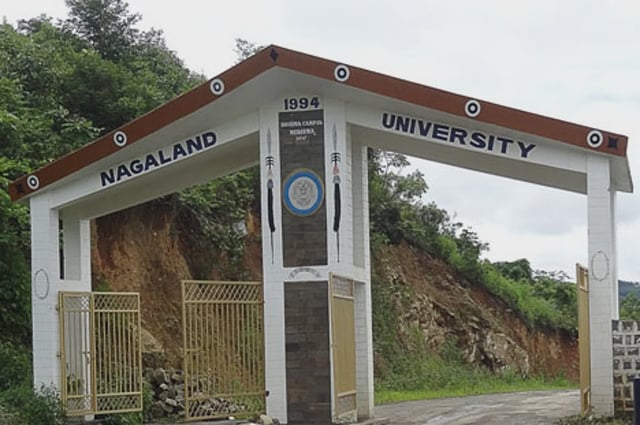Overview
- The multidisciplinary study published in Societal Impacts in June 2025 evaluated a South Bihar ASR pilot funded by the Australian Centre for International Agricultural Research.
- In Meyar Village, peer-managed recharge pits led to improved groundwater levels, crop diversity, and farmer incomes, while Nekpur Village saw structures fall into disuse due to low community trust.
- The research found that setting up an ASR pit costs about USD 400, highlighting the technology’s relative affordability with external funding or subsidies.
- Researchers recommend scaling ASR through farmer-driven governance models, dedicated financial mechanisms, policy incentives, and long-term groundwater monitoring.
- Experts highlight ASR’s potential to enhance water security in Nagaland and other North-Eastern regions grappling with erratic rainfall and chronic groundwater depletion.
